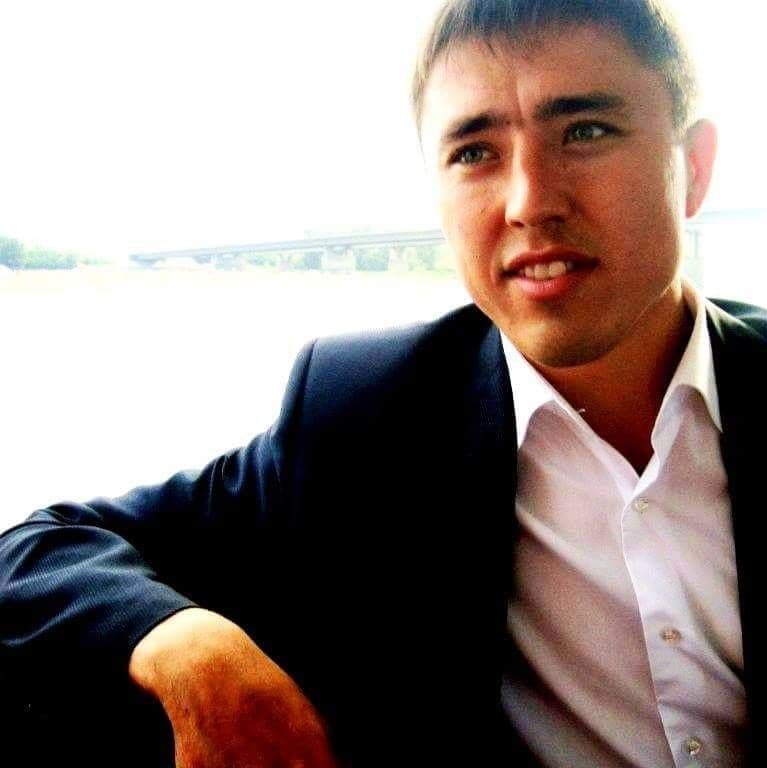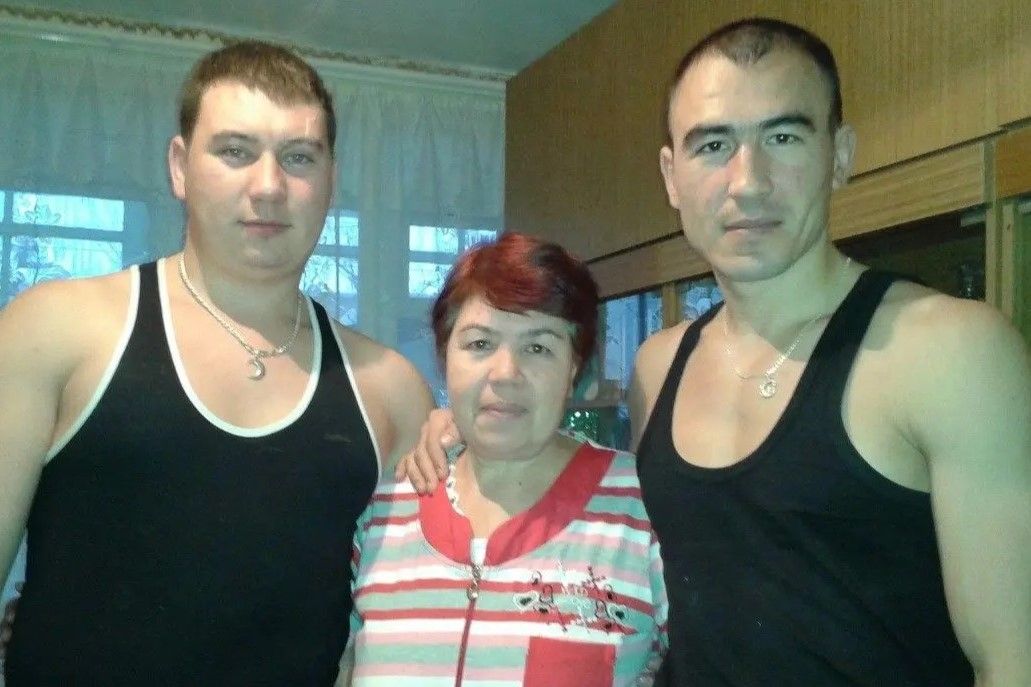Protests break out in Russia's Bashkortostan republic

Large protests erupted in the Russian Republic of Bashkortostan on Jan. 17 after authorities sentenced a popular local rights activist to four years in prison.
Protests are rare in Russia, and have become even less common after the government's crackdown on public expression that accompanied the full-scale invasion.
Bashkortostan is a republic of Russia located near the Ural Mountains, close to the border with Kazakhstan. Ethnic Russians make up around 38% of the population, followed by the Bashkirs, and Tatars, both of whom are Turkic people with their own language.
The protests broke out as supporters came to the town of Baymak to demonstrate against the authorities' sentencing of local rights activist Fail Alsynov to four years in prison on charges of "inciting ethnic hatred."
The charges, which Alsynov has denied, stemmed from a speech he gave earlier in 2023 denouncing government plans to mine gold in the region.
Alsynov and his supporters say the charges are politically motivated.
Videos shared on social media showed protesters clashing with riot police, who used tear gas and batons against the crowd.
Alsynov, who has campaigned for the protection of Bashkir language rights, also previously characterized Russia's mobilization campaign as a "genocide" against Bashkirs. There have been widespread claims that Russia disproportionately mobilizes ethnic minorities, including Bashkirs, to fight in Ukraine.
Former Ukrainian Defense Minister Oleksii Reznikov, appealed to Bashkirs in May 2023 not to fight in Ukraine, saying that Moscow is infringing on the rights of Bashkirs' and exploiting their natural resources, not Ukrainians.
The protests came in the lead-up to the presidential election in Russia in March, which Russian President Vladimir Putin is widely expected to win. Analysts told Reuters that the unrest may put additional pressure on local authorities to restore calm before the voting begins.












